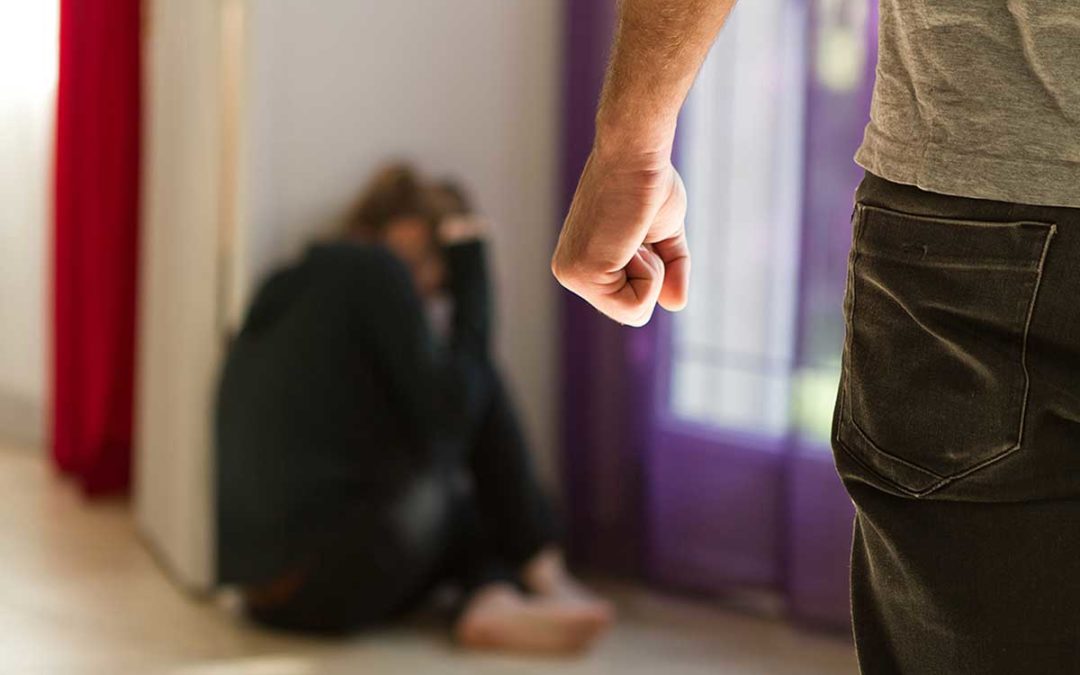
Your Secrets Will Make You Sick
 I know many of us have read or heard the story TMZ broke about this incident over the past few days with Houston rapper, Z-Ro and his ex-girlfriend.
I know many of us have read or heard the story TMZ broke about this incident over the past few days with Houston rapper, Z-Ro and his ex-girlfriend.
As a psychotherapist, here in Houston who works with high conflict individuals, couples, families, and groups, I wanted to weigh in on this situation. I’ve read so many comments stating, “She’s wrong for speaking up three months after the alleged incident,” and “She’s trying to capitalize on her upcoming show or make money off this incident.” Then there are comments about Z-Ro and a history of abusing women and yes-he-did-it/no-he-didn’t-do-
None of us know the truth about what goes on inside a relationship between two people. However, we all know intimate partner violence is nothing new. As a matter of fact, research from the CDC shows that one in four women has been abused at some point in her lifetime. Research also shows that men are being abused as well, just at a smaller percentage. One in four women? With those statistics, If we’d all keep it real, there’s a good chance we all know someone, or you are that someone, who is in a similar intimate partner violence situation, just barely escaped it, or recently came out of it.
In my practice with women who abuse, men who abuse, and my overall work with high conflict individuals, couples, and families, I hear of every type of incident you could think of as it relates to intimate partner violence. The idea of waiting weeks, months, or years to report domestic violence is not uncommon among victims of abuse. I’ve heard stories of women waiting twenty years to report incidences of violence due to fear, shame, humiliation, and trauma. These victims also site their wish to simply survive, take care of their kids, and stay alive as other reasons for not reporting the abuse. I also hear from men who are remorseful and embarrassed of the violence they’ve perpetrated against their significant others and children.
I noticed several comments on social media asking why or how people remained in that type of relationship. There are several individual, societal or relationship factors that indicate why a person might choose to enter into or remain in high conflict, abusive relationships. As a child who witnessed violence growing up, I, too, once questioned what would make a person remain in a violent relationship. Violence is a learned behavior, thus in speaking or working with domestic violence victims or perpetrators, my first objective is to seek and understand where did he or she learn such behaviors.
As a society, I encourage each and every one of us to explore our own relationship, reflect on the behaviors we witnessed growing up, what we’re modeling and representing to our children, and how we treat each other in relationships. Make today your last day of allowing your personal secrets of shame, embarrassment, and humiliation to have power over your life. Your secrets will literally make you sick. Seek your truth, speak your truth, and seek to understand trauma related issues such as intimate partner violence and its impact on individuals and families without passing judgment, pointing the finger or shaming the victim. After all, exposing those secrets is the first step toward healing.


 Abuse of drugs and alcohol impairs judgment, makes it harder to exercise self-control, and often triggers or exacerbates emotional outbursts and violent behavior. That’s why it is so important – and has proven to be so effective – when the interrelated dynamics of Substance Abuse and Intimate Partner Violence are both addressed at the same time. These correlated issues are often intertwined in deep-seeded and complicated ways that need to be unwound in order to successfully resolve the serious problems that they create.
Abuse of drugs and alcohol impairs judgment, makes it harder to exercise self-control, and often triggers or exacerbates emotional outbursts and violent behavior. That’s why it is so important – and has proven to be so effective – when the interrelated dynamics of Substance Abuse and Intimate Partner Violence are both addressed at the same time. These correlated issues are often intertwined in deep-seeded and complicated ways that need to be unwound in order to successfully resolve the serious problems that they create.




